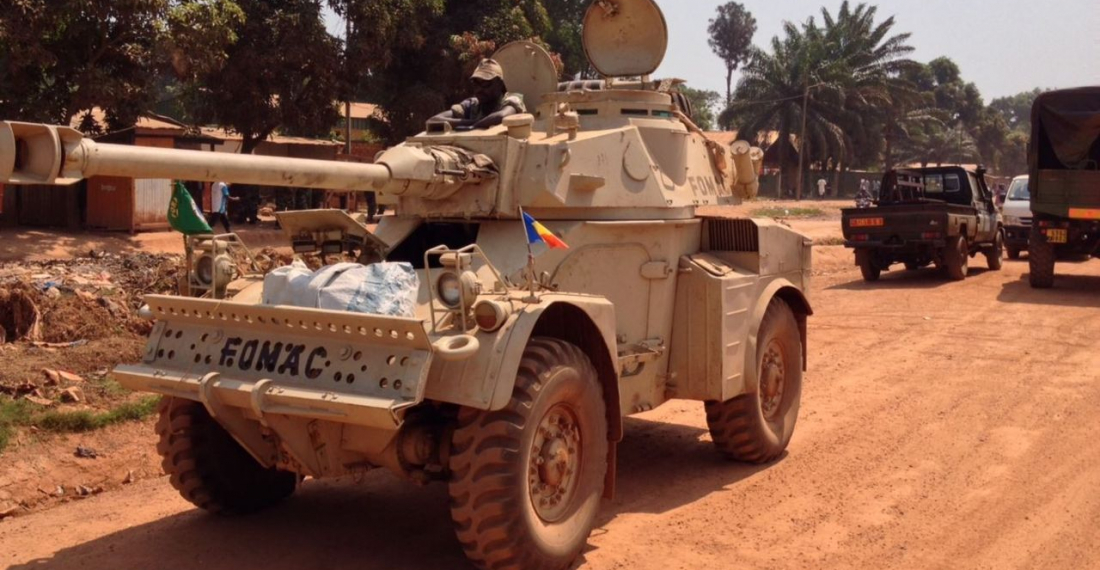Chad announced on Saturday (21 August) that it had halved its troops deployed in February within the anti-jihadist force of the G5 Sahel in the so-called “three borders” area, on the borders of Mali, Niger and Burkina Faso. Six months ago, a contingent of 1,200 Chadian soldiers had been deployed in this area to fight against jihadist groups.
“We redeployed 600 men in Chad in agreement with the G5 Sahel forces. This is a strategic redeployment to better adapt to the organization of terrorists," Abderaman Koulamallah, government spokesman, told Agence France-Presse.
The deployment of Chadian soldiers took place within the framework of the multinational force of the G5 Sahel, a group of five Sahel countries - Chad, Mali, Mauritania, Niger and Burkina Faso - which have been trying, since 2017, to cooperate within the framework of this struggle.
The "three borders" zone is, along with central Mali, the most affected by jihadist attacks committed by groups particularly affiliated with Al-Qaida or the Islamic State in the Greater Sahara (IS-GS). On Wednesday, an attack by presumed jihadists left 80 dead in northern Burkina Faso in this zone.
“We have about 600 soldiers left on the ground. This is a long-standing concerted decision with the G5 command. We wanted to lighten the device, which was not suitable," Koulamallah said. Chadian troops are based in Téra, a town in southwestern Niger.
"Compared to the situation on the ground, we need to have a mobile force, hence the withdrawal of some of our forces with heavy weapons," added the government spokesman. "Our political will to face the jihadists remains intact," he continued.







